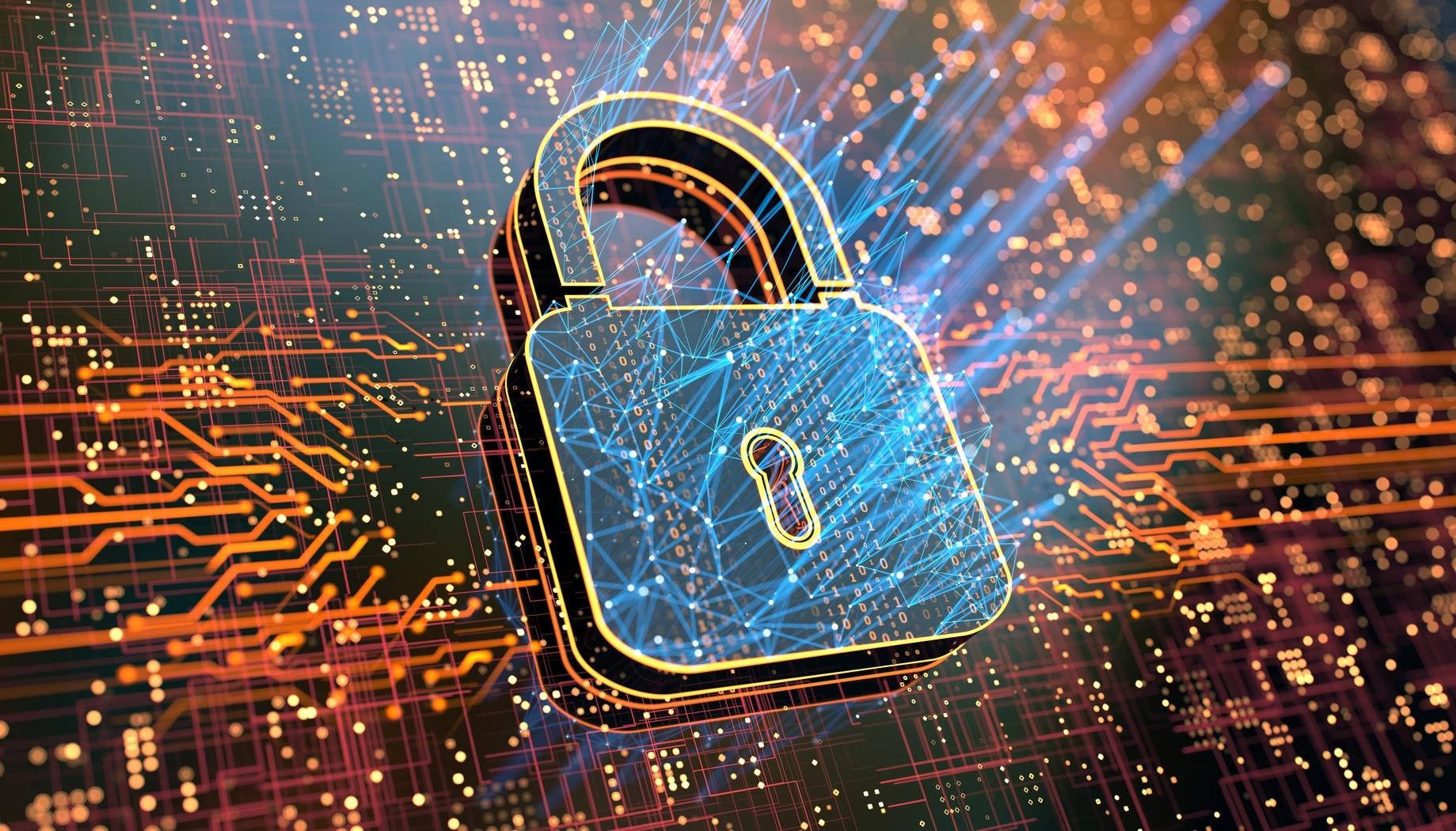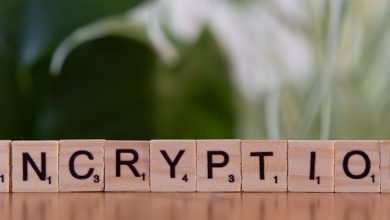Security Measures for Crypto Trading Platforms

- Understanding the Importance of Security in Crypto Trading Platforms
- Common Security Threats Faced by Crypto Trading Platforms
- Best Practices for Securing Your Crypto Trading Account
- The Role of Two-Factor Authentication in Crypto Trading Security
- How to Identify and Avoid Phishing Scams in Crypto Trading
- Regulatory Compliance and Security Measures for Crypto Trading Platforms
Understanding the Importance of Security in Crypto Trading Platforms
Understanding the significance of security in crypto trading platforms is crucial for investors looking to safeguard their assets. With the rise of digital currencies, the risk of cyber threats and hacking attempts has also increased. Therefore, it is essential for crypto trading platforms to implement robust security measures to protect users’ funds and personal information.
One of the key aspects of security in crypto trading platforms is encryption. By using advanced encryption techniques, platforms can secure transactions and communications, making it difficult for hackers to intercept sensitive data. Additionally, two-factor authentication adds an extra layer of security by requiring users to provide two forms of verification before accessing their accounts.
Regular security audits and penetration testing are also essential to identify and address any vulnerabilities in the platform. By conducting these tests regularly, platforms can stay one step ahead of potential threats and ensure that their security measures are up to date. Moreover, keeping software and systems updated with the latest security patches is crucial in preventing cyber attacks.
Furthermore, implementing cold storage for storing the majority of funds offline can help protect against online hacking attempts. By keeping funds in cold storage, platforms can minimize the risk of losing assets in the event of a security breach. It is also important for platforms to have a dedicated security team that monitors for any suspicious activity and responds promptly to any security incidents.
In conclusion, security is paramount in crypto trading platforms to protect users’ investments and personal information. By implementing strong encryption, two-factor authentication, regular security audits, cold storage, and a dedicated security team, platforms can create a secure environment for users to trade digital assets with peace of mind.
Common Security Threats Faced by Crypto Trading Platforms
When it comes to crypto trading platforms, there are several common security threats that they face on a regular basis. It is important for these platforms to be aware of these threats and take appropriate measures to protect themselves and their users.
- Phishing Attacks: One of the most common security threats faced by crypto trading platforms is phishing attacks. These attacks involve scammers sending fake emails or messages to users, tricking them into revealing their login credentials or other sensitive information.
- Malware: Another significant threat is malware, which can infect a user’s device and steal their cryptocurrency holdings or personal information. It is essential for platforms to have robust anti-malware measures in place to protect their users.
- DDoS Attacks: Distributed Denial of Service (DDoS) attacks are also a common threat to crypto trading platforms. These attacks involve overwhelming a platform’s servers with traffic, causing them to crash and disrupting service for users.
- Insider Threats: Insider threats, where employees or contractors misuse their access to steal funds or data, are another concern for crypto trading platforms. Implementing strict access controls and monitoring systems can help mitigate this risk.
- Exchange Hacks: Perhaps the most high-profile threat is exchange hacks, where cybercriminals breach a platform’s security measures and steal large amounts of cryptocurrency. Platforms must invest in robust security measures to prevent such attacks.
By being aware of these security threats and implementing appropriate security measures, crypto trading platforms can better protect themselves and their users from potential harm. It is crucial for platforms to stay vigilant and proactive in the face of evolving cybersecurity risks in the crypto space.
Best Practices for Securing Your Crypto Trading Account
When it comes to securing your crypto trading account, there are several best practices you should follow to ensure the safety of your assets. By implementing these security measures, you can protect yourself from potential threats and minimize the risk of unauthorized access to your account.
- Use a Strong Password: One of the most basic yet crucial steps in securing your crypto trading account is to use a strong and unique password. Avoid using easily guessable passwords and consider using a password manager to generate and store complex passwords.
- Enable Two-Factor Authentication (2FA): Two-factor authentication adds an extra layer of security to your account by requiring a second form of verification in addition to your password. This can help prevent unauthorized access even if your password is compromised.
- Keep Your Software Up to Date: Make sure to regularly update your trading platform’s software and any associated apps to patch any security vulnerabilities. Outdated software can be more susceptible to attacks.
- Avoid Phishing Scams: Be cautious of unsolicited emails, messages, or links that may be phishing attempts to steal your login credentials. Always verify the authenticity of any communication before providing any sensitive information.
- Use Secure Networks: When accessing your crypto trading account, avoid using public Wi-Fi networks or unsecured connections. Opt for a secure and private network to reduce the risk of interception or eavesdropping.
By following these best practices for securing your crypto trading account, you can enhance the overall security of your assets and trade with peace of mind. Remember that staying vigilant and proactive in protecting your account is essential in the ever-evolving landscape of cybersecurity threats.
The Role of Two-Factor Authentication in Crypto Trading Security
Two-factor authentication (2FA) plays a crucial role in enhancing the security of crypto trading platforms. By requiring users to provide two different authentication factors, 2FA adds an extra layer of protection against unauthorized access to accounts. This security measure is especially important in the world of cryptocurrency, where the risk of hacking and theft is high.
When a user logs into a crypto trading platform with 2FA enabled, they must provide not only their password but also a second piece of information, such as a unique code sent to their mobile device. This makes it much more difficult for hackers to gain access to an account, even if they have obtained the user’s password through phishing or other means.
Implementing 2FA on a crypto trading platform is relatively easy and can significantly improve the overall security of the platform. Users are encouraged to enable 2FA on their accounts to protect their funds and personal information from unauthorized access. In addition to 2FA, crypto trading platforms should also implement other security measures, such as encryption, regular security audits, and employee training on cybersecurity best practices.
How to Identify and Avoid Phishing Scams in Crypto Trading
When engaging in crypto trading, it is crucial to be vigilant against phishing scams that can compromise your security and lead to financial losses. Phishing scams are fraudulent attempts to obtain sensitive information such as login credentials, wallet details, and personal information by posing as a trustworthy entity.
To identify and avoid phishing scams in crypto trading, there are several security measures you can take. First, always verify the URL of the trading platform you are using. Scammers often create fake websites that mimic legitimate crypto exchanges to trick users into entering their information. By double-checking the URL and ensuring it is secure, you can reduce the risk of falling victim to a phishing scam.
Additionally, be cautious of unsolicited emails or messages that ask for your personal information or prompt you to click on suspicious links. Legitimate crypto trading platforms will never ask for sensitive information via email or direct messages. If you receive any unsolicited requests, do not respond and report them to the platform‘s security team.
Furthermore, consider enabling two-factor authentication (2FA) on your crypto trading account. 2FA adds an extra layer of security by requiring users to provide two forms of verification before accessing their account. This can help prevent unauthorized access even if your login credentials are compromised in a phishing scam.
Regulatory Compliance and Security Measures for Crypto Trading Platforms
Regulatory compliance and security measures are crucial aspects of crypto trading platforms to ensure the safety and protection of users’ assets. These platforms must adhere to strict regulations set forth by governing bodies to prevent fraudulent activities and money laundering. By implementing robust security measures, such as two-factor authentication, encryption protocols, and regular security audits, crypto trading platforms can safeguard against cyber threats and unauthorized access.
Additionally, regulatory compliance involves KYC (Know Your Customer) and AML (Anti-Money Laundering) procedures to verify the identity of users and monitor transactions for suspicious activities. By conducting thorough due diligence on users and implementing transaction monitoring systems, crypto trading platforms can mitigate risks and comply with regulatory requirements.
Furthermore, partnering with reputable cybersecurity firms and regulatory agencies can provide additional layers of protection and ensure that crypto trading platforms are up to date with the latest security standards. By staying informed about emerging threats and regulatory changes, these platforms can adapt their security measures accordingly to maintain a secure trading environment for users.



